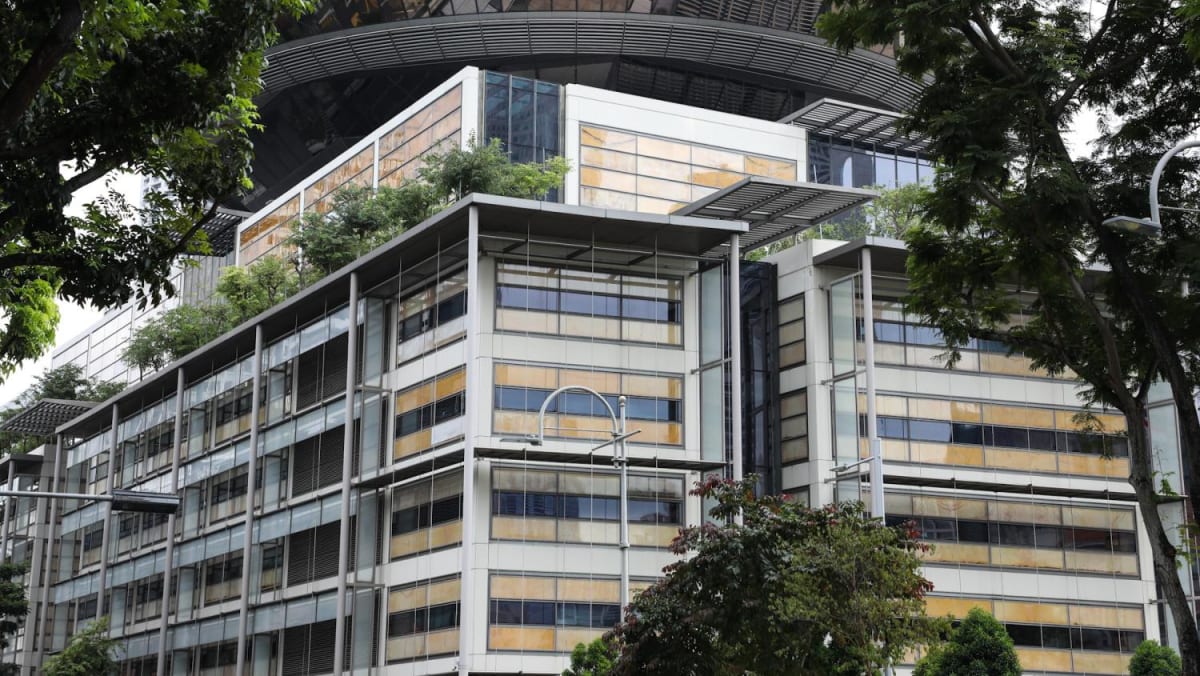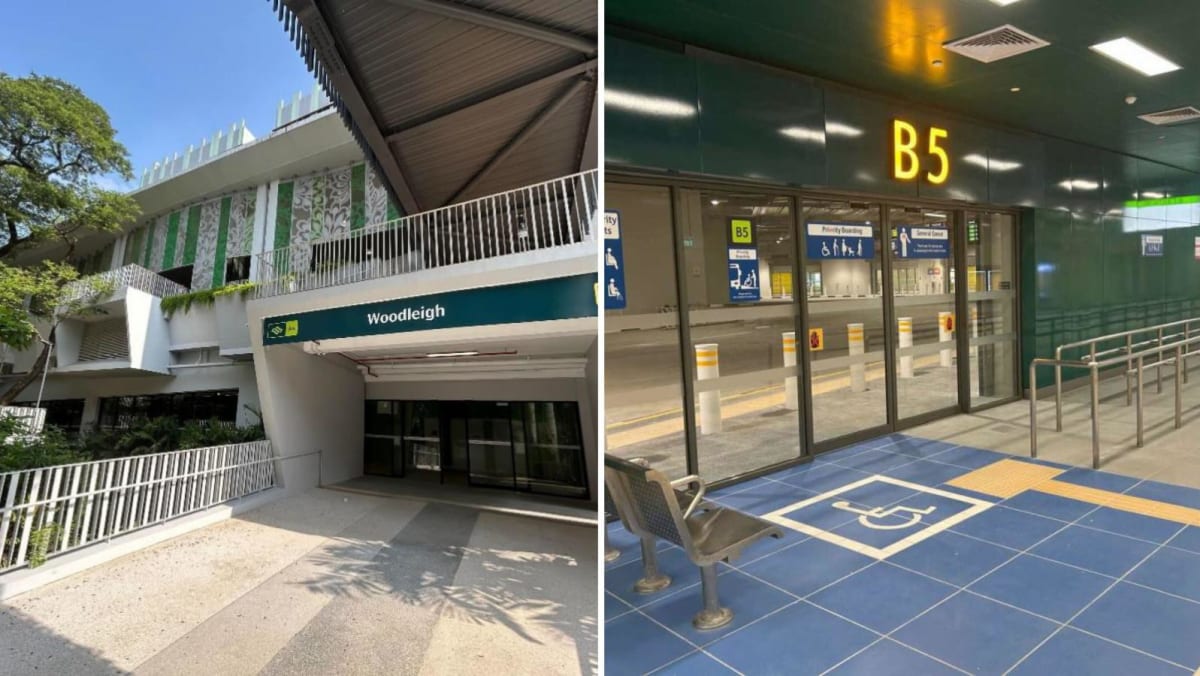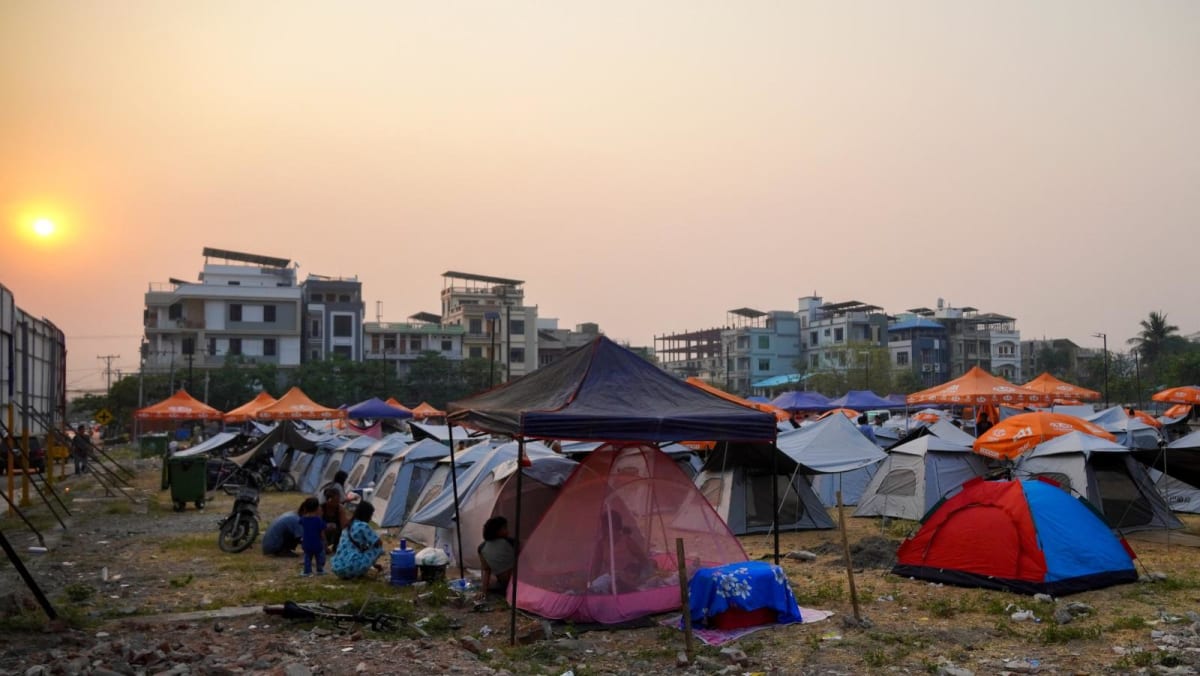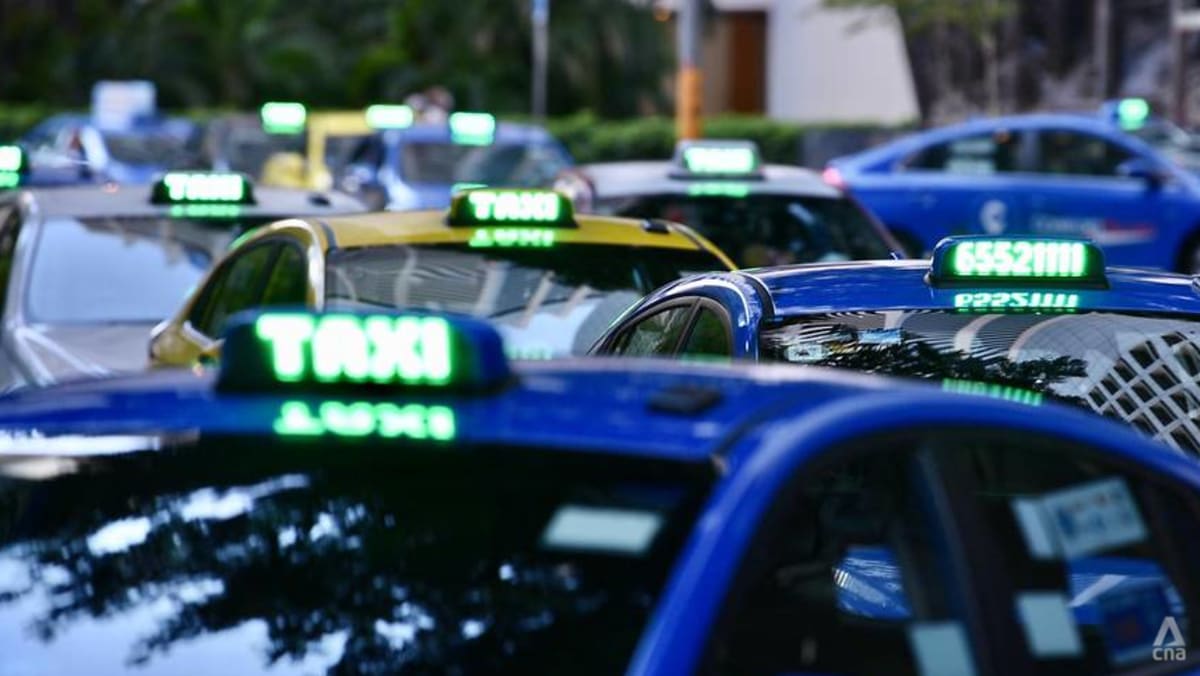COMMUNITY INITIATIVES FOR KIDS
We need more grassroots efforts to make shared spaces more engaging. Parents need to step forward to create the community they want to live in by establishing parenting support groups where families share resources, help each other with childcare and host playdates or group activities.
In Toa Payoh, a father-and-son team collects and repairs discarded ride-on cars, hosting a community playdate every Sunday evening. Balance Bike SG encourages families to nurture a love of cycling through parent-organised friendly competitions. The Resonance Project, started by teenagers, brings free music classes to underserved elderly and children.
These initiatives also need to be inclusive, catering to caregivers such as grandparents and domestic helpers who may be unfamiliar with the impact of excessive screen time.
GETTING TECH COMPANIES TO CONTRIBUTE
Instead of imposing age restrictions and outright bans, let’s incentivise tech companies, social media platforms and game developers to contribute solutions too.
What if these companies funded sporting facilities and playgrounds where young children and teens can socialise offline? This would be a powerful example of corporate social responsibility, showing that tech companies are not only innovating but actively contributing to the communities they impact.
This concept isn’t new. It’s akin to carbon credits for polluters. In 2023, video game maker Electronic Arts launched FC Futures, a US$10 million initiative to improve access to football through refurbished pitches and essential equipment for underserved youth.
Similarly, ByteDance’s 8th Note Press will release print books in 2025, with titles that focus on genres popular with younger TikTok users, such as romance and young adult fiction.
Closer to home, Japanese entrepreneur Taizo Son expanded his non-profit Vivita to Singapore, creating Vivistop, providing a free space akin to a garage and a lab in Kampong Eunos for children to explore their creativity offline.













